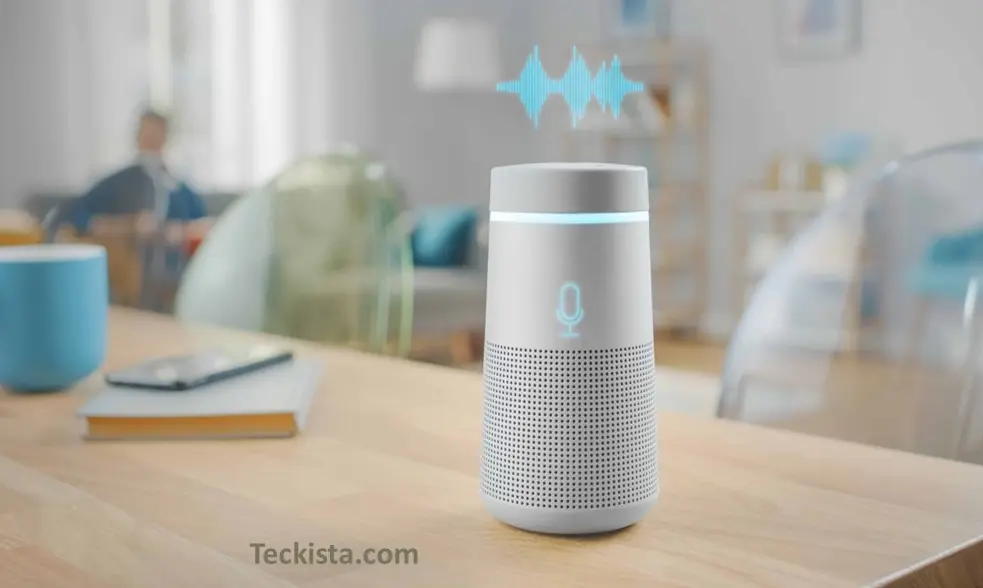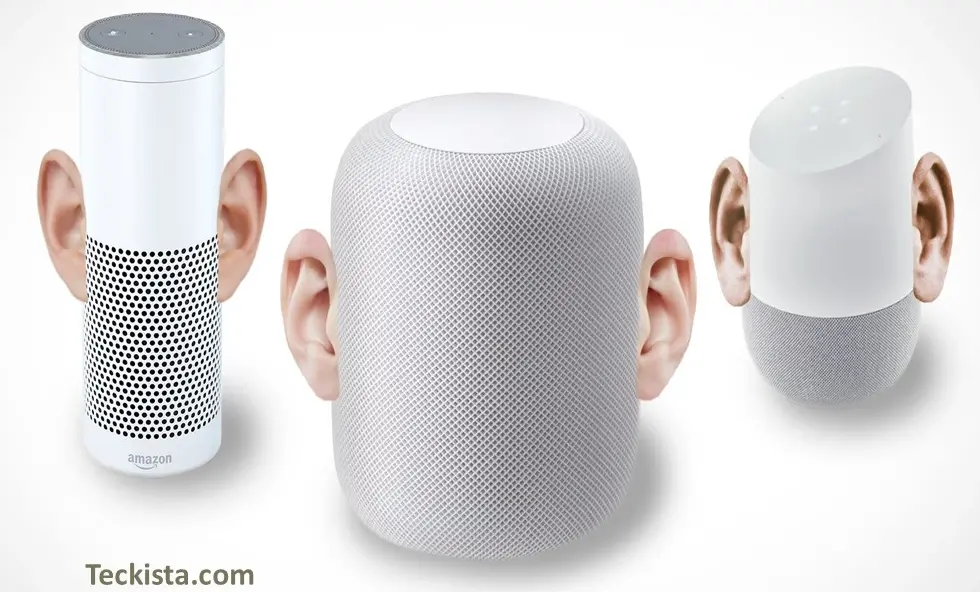Smart speakers have become household essentials. With a simple voice command, you can play music, check the weather, or control your lights. But as these devices become more integrated into our lives, a serious question arises, do smart speakers spy on people? While tech companies promise privacy, real-world incidents and expert findings suggest a deeper issue.
The Wake Word Dilemma
Smart speakers like Amazon Echo, Google Home, and Apple HomePod are always listening for their wake words—“Alexa,” “Hey Google,” or “Hey Siri.” Only after recognizing the wake word do they record and transmit audio. However, this passive listening mode often leads to unintended activations. A simple phrase that sounds like the wake word can trick the speaker into recording a private conversation.
That’s where the issue starts. These accidental recordings are sometimes stored on company servers, raising concerns about what’s being collected and who has access to it.
Can Smart Speakers Spy on You?
It may sound like a conspiracy, but there’s truth behind the concern. Smart speakers can and do pick up conversations unintentionally. Research has shown that false activations happen more frequently than users realize. These moments are often captured, saved, and sometimes even reviewed by humans for improving voice recognition technology.
While companies offer tools to review and delete recordings, many users never touch these settings. This creates a blind spot where data collection continues quietly, and users remain unaware.
A Matter of Transparency
The biggest issue isn’t just the technology, it’s the lack of transparency. Users are rarely informed in detail about how their audio data is stored or shared. Some devices even transmit this data to third parties, often without the user’s clear consent.
Many consumers are unaware of what’s happening behind the scenes. Data is collected, used to build profiles, or shared with marketing platforms. All this happens in the background, making it hard for users to trust these devices fully.
Do Smart Home Devices Spy on You?

The problem extends beyond smart speakers. Devices like smart TVs, thermostats, security cameras, and even connected kitchen appliances can pose similar risks. Anything connected to the internet can potentially collect and share personal data.
A 2023 study revealed that many smart home devices share information with third-party services—again, often without users’ knowledge. These devices may include built-in microphones and cameras, turning your home into a surveillance zone if proper precautions aren’t taken.
Check out the top 10 smart speakers for home
Do Smart Speakers Record Conversations?
Technically, smart speakers are not recording all the time. They are designed to only start recording after hearing the wake word. But this isn’t foolproof. Everyday conversations can contain sounds or phrases that mimic the wake word, triggering the device to record by mistake.
Once recorded, this data is sent to cloud servers where it’s stored and analyzed. Some companies have admitted to using human reviewers to listen to these clips. While the goal is to improve accuracy, the fact remains—your conversations could be heard by someone you didn’t invite into your home.
Are Smart Speakers a Security Risk?
Yes, smart speakers pose real security risks. As part of the broader Internet of Things (IoT) ecosystem, these devices can serve as entry points for hackers. If a speaker is linked to your Wi-Fi network and smart home system, a breach could compromise your privacy and home security.
Hackers may use smart speakers to:
- Control other devices like smart locks or cameras.
- Steal sensitive data from connected apps.
- Launch phishing attacks using voice prompts.
- Hijack the speaker to join botnet attacks.
These risks are amplified when users don’t change default passwords, ignore firmware updates, or download unverified third-party apps.
Practical Tips to Stay Safe
While the risks are real, there are simple steps you can take to protect yourself:
- Change all default passwords on your smart home devices.
- Mute the microphone when the speaker is not in use.
- Update firmware regularly to fix security holes.
- Limit third-party apps and skills to trusted developers.
- Review and adjust your privacy settings frequently.
These measures help reduce the chances of being recorded or hacked without your knowledge.
Conclusion: Awareness is Your Best Defense
So, do smart speakers spy on people? Not by design—but accidental recordings, vague privacy policies, and security flaws make them potential surveillance tools. Add the broader network of smart home devices, and the risk becomes more complex.
Smart speakers are here to stay, and their convenience is undeniable. But with convenience comes responsibility. Users must remain vigilant, understand the risks, and take proactive steps to protect their privacy. Being informed is your first line of defense in the age of voice assistants.
Want more smart tech insights? Subscribe to our blog to stay updated on how to use smart devices safely and securely.
